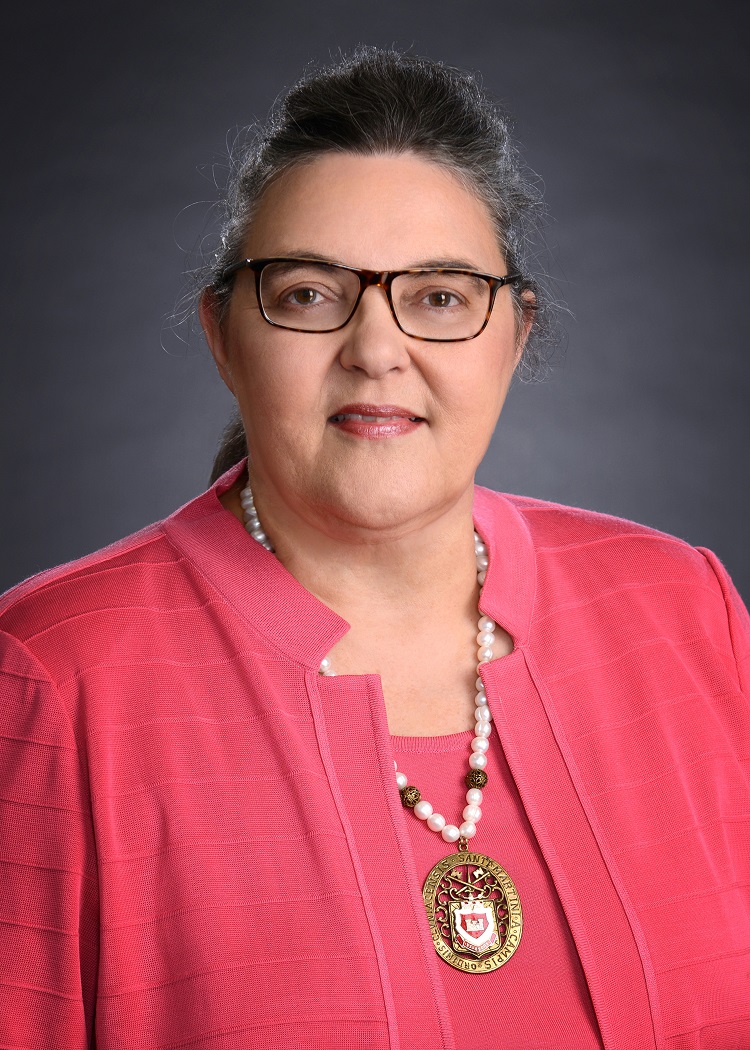PRACTICE AREAS
Non-Profit
Murphy, Hesse, Toomey & Lehane, LLP, has decades of experience representing non-profits throughout New England. We represent some of the largest non-profits in the region as well as many smaller organizations – our firm has the flexibility to provide for the needs of all non-profit entities.
We have extensive experience representing the following non-profit sectors:
- Arts & Culture
- Education & Youth
- Environment
- Health
- Housing/Community Development
- Human Services
- Philanthropy
We represent these entities in a wide array of matters including:
- Formation and incorporation
- Tax exemption issues
- Fiduciary duties
- Board governance
- Labor, employment and benefit plan issues
- The relationship between public and private entities
- Contract negotiations
- Medicare and Medicaid compliance
- Unrelated business taxable income issues/maintenance of non-profit status
- Fundraising compliance issues
- Department of education/student loan compliance issues
Our reasonable rates combined with our extensive experience in non-profit business law, employment and benefits law, and governmental law ensures that our non-profit clients receive the best possible representation designed to further the successes of their organizations. We do well for those who do good.
Contact us today if you have questions about Non-Profit

Katherine A. Hesse
Partner
(617) 479-5000 khesse@mhtl.comKatherine Hesse is one of the founding partners of Murphy, Hesse, Toomey & Lehane, LLP. Ms. Hesse concentrates her practice primarily in labor and employment and employee benefits law serving as counsel to individuals, business, government, and tax exempt organizations including hospitals, colleges, churches, and major private and public retirement and health plans. She has litigated numerous employment and benefits cases before the state and federal trial and appellate courts, administrative agencies and arbitrators. She is also an active practitioner Read More
U.S. DEPARTMENT OF EDUCATION ISSUES REVISED TITLE IX REGULATIONS
On April 19, 2024, the United States Department of Education (“DOE”) issued final regulations for Title IX of the Education Amendments of 1972 (“Title IX”). Title IX prohibits discrimination based on sex in education programs or activities receiving federal financial assistance. The new regulations go into effect on August 1, 2024, so school districts are encouraged to review their policies and procedures and provide staff training on these new regulations as soon as possible. The final regulations continue to list specific elements that must be included in any policy, such as range of disciplinary actions, standards of evidence, and procedures. The DOE has provided template policies here: https://www2.ed.gov/about/offices/list/ocr/docs/resource-nondiscrimination-policies.pdf and Murphy, Hesse, Toomey & Lehane will be creating model policies and notice letters as well.
U.S. DEPARTMENT OF EDUCATION ISSUES REVISED TITLE IX REGULATIONS
On April 19, 2024, the United States Department of Education (“DOE”) issued final regulations for Title IX of the Education Amendments of 1972 (“Title IX”). Title IX prohibits discrimination based on sex in education programs or activities receiving federal financial assistance. The new regulations go into effect on August 1, 2024, so school districts are encouraged to review their policies and procedures and provide staff training on these new regulations as soon as possible. The final regulations continue to list specific elements that must be included in any policy, such as range of disciplinary actions, standards of evidence, and procedures. The DOE has provided template policies here: https://www2.ed.gov/about/offices/list/ocr/docs/resource-nondiscrimination-policies.pdf and Murphy, Hesse, Toomey & Lehane will be creating model policies and notice letters as well.

Braintree, MA
50 Braintree Hill Office Park, Suite 410,
Braintree, MA 02184
Boston, MA
75-101 Federal Street
Boston, MA 02110
Tel: (617) 479-5000
Tel: (888) 841-4850
Fax: (617) 479-6469
Quincy, MA
Crown Colony Plaza
300 Crown Colony Drive, Suite 410
P.O. Box 9126
Quincy, MA 02169-9126
Join Our Newsletter
By submitting this form, you are consenting to receive marketing emails from: . You can revoke your consent to receive emails at any time by using the SafeUnsubscribe® link, found at the bottom of every email. Emails are serviced by Constant Contact
